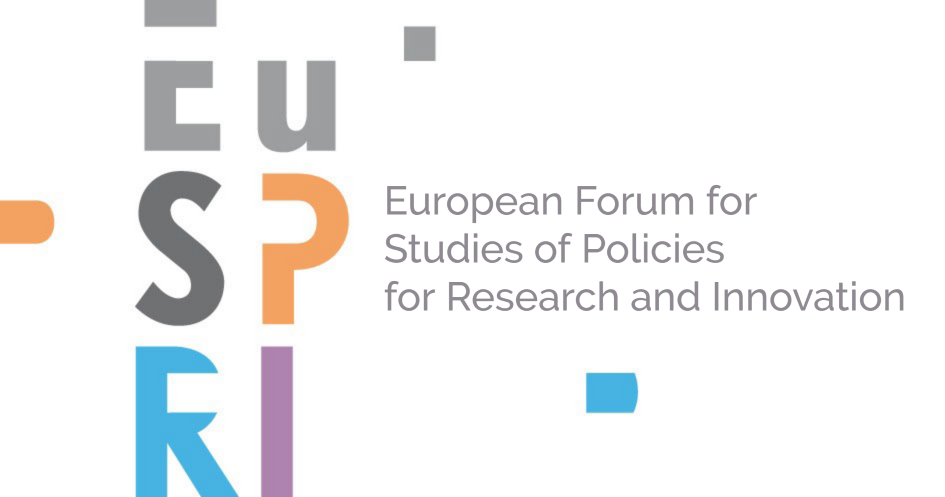Submission Deadline (no extension): 15 November 2024
The 2025 Eu-SPRI Annual Conference will be hosted by the Social Research Center at TU Dortmund University in Dortmund, Germany, in collaboration with other groups within the university. The main conference will take place on 11 to 13 June, 2025, with a preceding Early Career Event on 10 June.
The conference theme is Shaping Societal Futures with STI Policies, and the organising committee is now welcoming academic researchers from a broad range of disciplines, as well as STI policymakers, to submit proposals for tracks and special (stand-alone) sessions.
Click here to upload your Submission
Shaping Societal Futures with STI Policies
In recent years, the question of the contribution of STI policies to overcoming the major societal challenges and supporting the necessary transformation processes has increasingly become the focus of attention. Against the backdrop of deepening social, ecological and economic crises, the question of the extent to which STI policy is able to respond to rapidly changing and often unpredictable developments and to strengthen the resilience and the innovative capacity of our societies is becoming more and more important.
What contribution can STI policy make in order to ensure prosperity in an effective and sustainable way and to create a just and resilient society in which nature and the environment, the economy and people’s needs are in harmony? In view of far-reaching social, ecological, technological, and geopolitical changes, social, digital, and green transitions must be systematically interlinked.
This also raises the question of how the innovation potential of society can be strengthened to increase the impact of STI policies and, more generally, what kind of innovation concept is needed to facilitate the achievement of the diverse and sometimes contradictory goals under the conditions of increasingly crisis-ridden processes.
Subject Matters for Tracks and Special Sessions
Against this background, the conference will address a number of interrelated questions:
- What contributions can policies for science, technology, and innovation make to increase the resilience of societies? How can social, ecological, and economic goals be combined?
- Which alternative (post-Schumpeterian) models of innovation and innovation policy have emerged? How can different types of innovation (social and technological innovations) be systematically linked (comprehensive innovation policy, just transition, etc.)?
- How can we strengthen the link between STI policies and other policies to better tackle major societal challenges (Industry 4.0, triple transition, National Strategy for Social Innovation and Social Enterprises …)?
- Which empirical contributions critically examine the potential and limitations of STI policies? Which are its dark sides, its undesired and unexpected impacts?
- Given that the entire growth-based paradigm has come under scrutiny in debates around sufficiency, maintaining, de-growth, post-growth or resilience, how can the concept of innovation be critically reflected by focusing on its ambivalence and destructive side?
- What lessons can be learned from the experiences of the Global South? Which types of innovation research, policy and practice can provide impulses for learning processes in the Global North?
- How can the impact of STI policy be assessed in a comprehensive sense?
In addition to proposals on this range of topics, we also welcome other suggestions for tracks addressing interdisciplinary dimensions related to policy and governance in the field of knowledge creation and innovation.
Submission Details for Tracks and Special Sessions
- Proposals for tracks may include different types of sessions such as full or early-stage research paper sessions, debates, policy dialogue sessions and/or a mixture of these. Proposals for stand-alone special sessions are also welcome.
- Proposals should contain 800 words maximum including a title, organisers’ details, and session/track description, including details about the interaction mode and a list of speakers/guests (if you propose a closed session/part to a track).
- Tracks/sessions may be proposed by at least two organisers.
- Those selected for the conference will be asked to provide guidance for participants applying through the conference ‘Call for Papers’, and then support the organising committee and the international scientific committee in reviewing the papers and organizing their track or special session.
Please submit your proposal by 15 November 2024 at the latest. Organisers will be notified of the acceptance of their proposals prior to the opening of the Call for Papers.
If you need help with proposal submission, please contact euspri2025.sfs@tu-dortmund.de.
On behalf of the Organising Committee,
Jürgen Howaldt
